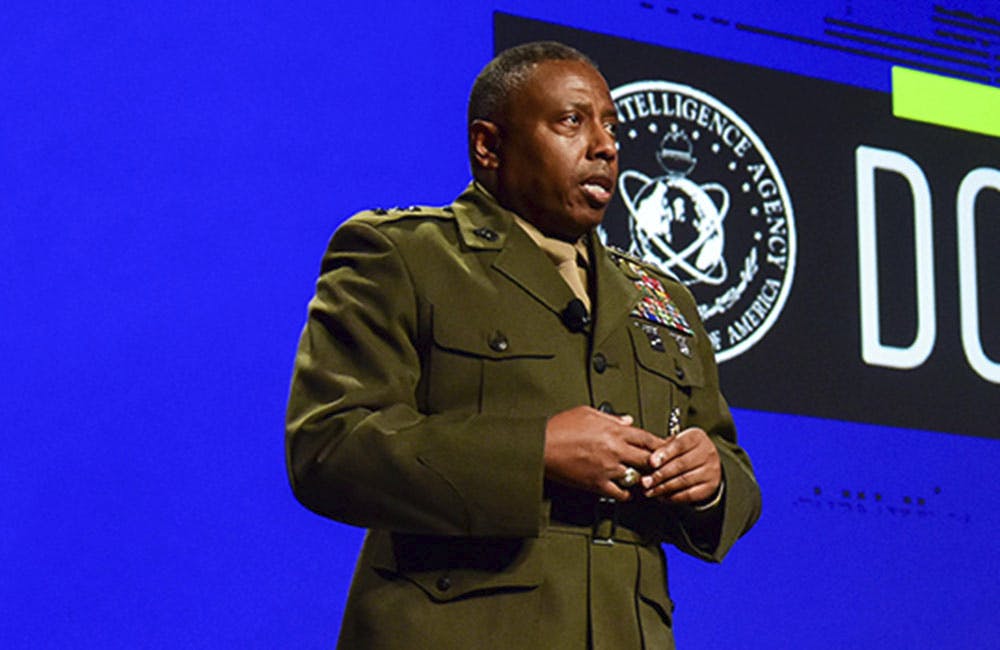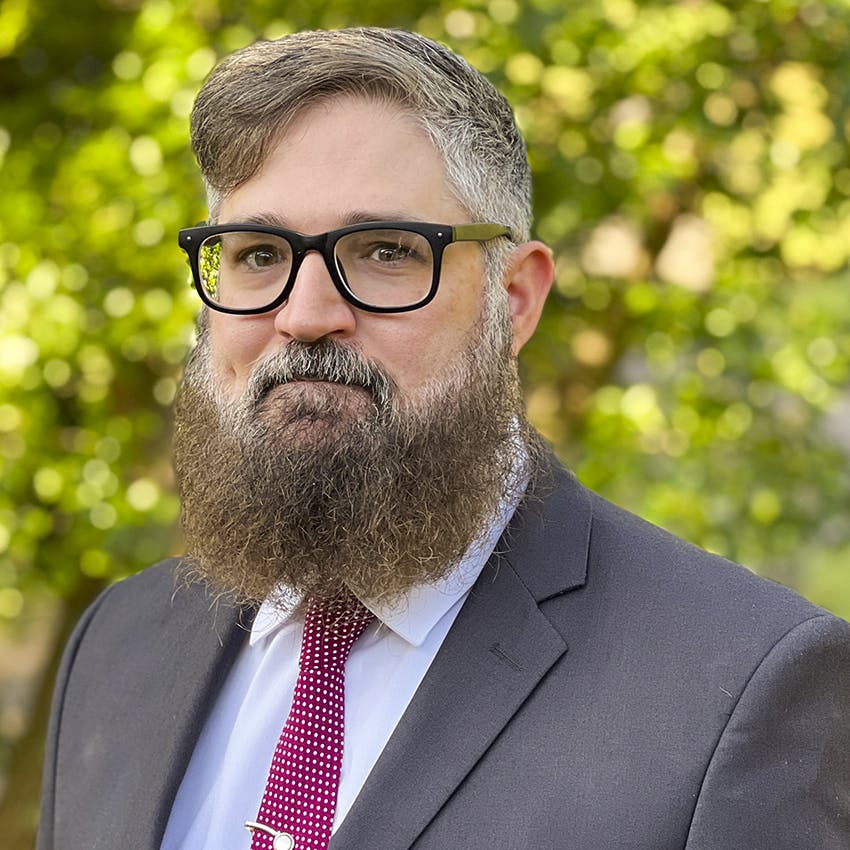How Combatant Commands Are Thinking About Tech Modernization
Defense officials cite the need to modernize in pace with partner capabilities while also staying ahead of threats.

Combatant commands are working to build resilient infrastructures to prepare for key capabilities in zero trust and digital modernization amid priorities for joint operations with partners, said at DoDIIS 2024 in Omaha, Nebraska, Monday.
“We rely heavily on our interagency and [intelligence community] partners, whether that’s [National Security Agency], [National Geospatial-Intelligence Agency], others within the defense intelligence enterprise or other agencies in the intelligence community,” said U.S. Strategic Command Deputy Director of Intelligence Richard Chancellor. “We need technical capabilities that perhaps Department of Energy or other agencies bring to bear for us.”
Officials from eight combatant commands said that a whole-of-government approach is critical to integrated deterrence across domains.
Space Command Director of Intelligence Brig. Gen. Brian Sidari noted the need for better space-based capabilities to maintain a competitive edge that can integrate across military services.
“It’s speed, accuracy and resiliency because the joint force relies on the services that United States Space Command delivers,” Sidari said. “[The military services need] precision navigation and timing global [satellite communications], but that’s all underpinned on the speed, accuracy and the reliability, but also the soft underbelly that our adversaries look at for asymmetric attacks.”
“Domain awareness is critical for everything that we do,” added Lt. Gen. Dimitri Henry, director of intelligence of J-2 at the Joint Chiefs of Staff. “That all goes back to data and our ability to get at that data and utilize it.”
Transportation Command Military Deputy Director of Command, Control, Communications, and Cyber Col. Christopher Robinson cited the need for a resilient information infrastructure to support decision-making, intelligence analysis and command and control as part of integrated deterrence.
“Our command and our commanders have prioritized our IT and our footprint as a foundational capability for us to execute command and control, drive decision advantage and decision-making,” said Robinson. “A lot of that comes by prioritizing our resilience and digital modernization.”
Cyber Command Director of Intelligence Brig. Gen. Melissa Stone said that cyber threats necessitate the development of modern, advanced cyber capabilities as part of integrated deterrence in the cyber domain, citing “Secure by Design” and innovative resilience.
“We had to prioritize our defense networks to make them very difficult targets,” said Stone. “When capabilities are provided to the command, we’re looking at the cybersecurity to be baked in and not bolted on.”
Robinson added that modernization and zero trust are integral to securing Transcom’s networks and data.
“The digital modernization piece is really up in our game and [Transcom will] invest in those capabilities that lead us to more modern, cloud-based constructs, as opposed to some of the things that we’ve done traditionally,” said Robinson. “Zero trust is, I’ll offer, a core principle that we focus on implementing in Transportation Command because that’s really going to give us that ability to be resilient.”
Stratcom CIO Elizabeth Durham-Ruiz added that collaboration is key to implementing zero trust and “Secure by Design” initiatives, all in the service of deterrence.
“Certainly we want to get to zero trust as well, but we have to do that in conjunction with all of the services, making sure that that cybersecurity is either baked in or our systems are retrofit to make sure we can get to that perspective,” said Durham-Ruiz.
“From a challenge perspective in the IT world, it’s interoperability and it’s modernization. Our modernization has to outpace our pacing threat, but not outpace our partners,” said Southern Command Communications Systems Director Anne-Marie Wiersgalla.
This is a carousel with manually rotating slides. Use Next and Previous buttons to navigate or jump to a slide with the slide dots
-

Tracking CIOs in Trump's Second Term
Stay informed on the latest shifts in federal technology leadership as new CIOs are appointed and President Trump's second term takes shape.
6m read -

Agencies Take on IT Modernization
Navy and Marine Corps models show how outcome-driven modernization is reshaping federal IT.
20m read -

NIST Report Urges Measurable Outcomes for AI Standards
AI standards often lack clear metrics, according to a new NIST report that proposes a theory of change model to guide adoption and evaluation.
4m read -

Congress Ends Shutdown, Locks in Billions for Federal IT Modernization
Trump signed a trillion-dollar funding package to avert a prolonged shutdown, backing federal IT modernization through September.
3m read








